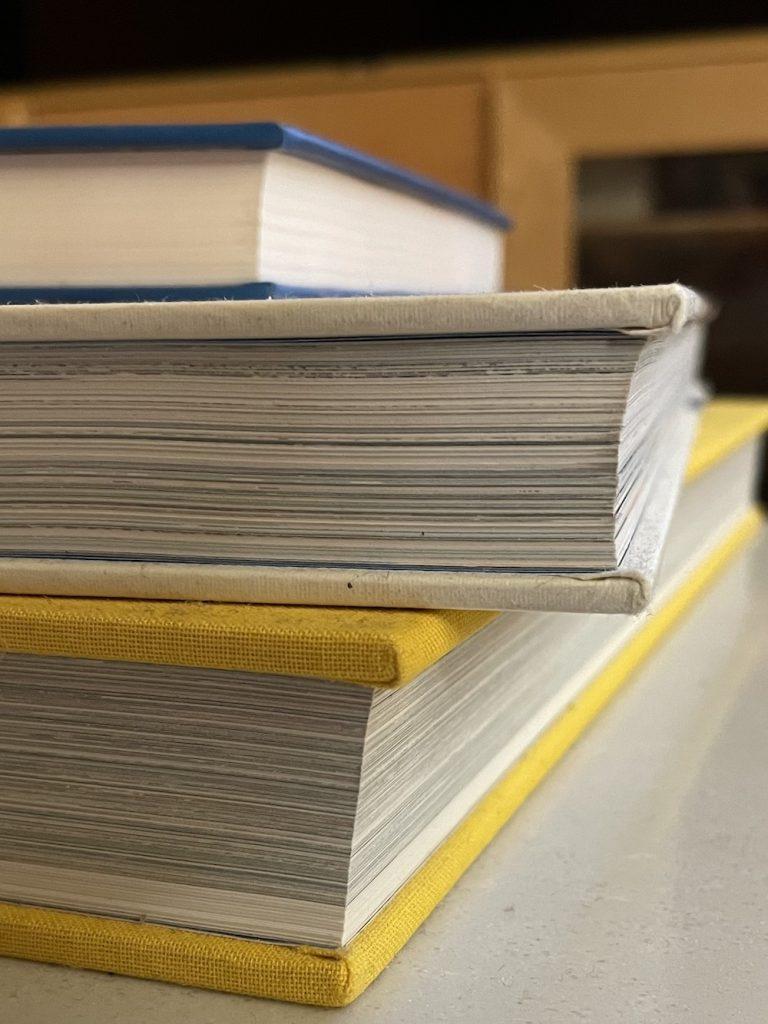
On March 25, AP Capstone sophomores and juniors from Townsend Harris High School participated in the New York City History Day competition. Students worked in groups or individually and placed in the top three for four different categories. They are now on their way to the State Finals competition taking place in late April.
Entering National History Day is a part of the Social Science Research Program at THHS. “National History Day allows students to delve into topics in a way that most typical classes do not allow for,” said history teacher Franco Scardino. “The competition develops important public speaking and presentation skills, as well as how to communicate effectively with professionals and experts in the field of study,” he continued.
A key component of National History Day is the annual theme which competitions are centered around. This year’s theme was “Debate & Diplomacy in History.”
Juniors Angelene Lacaus, Carrie Leung, Jessica Lin, Lena Lin, and Julia Xia won first place in the Senior Group Performance Category. With their entry Minor v. Happersett: The Court Case that made the 19th Amendment Possible, Julia and her group members decided early on that they wanted to focus on women’s rights, specifically the women’s suffrage movement.
The group centered on Minor v. Happersett, a Supreme Court case which asserted that suffrage was not a right warranted by citizenship. “[The court case] intrigued us because it was a smaller case that used the Fourteenth Amendment to argue for female voting rights, so we decided to shed more light on the case and make it our topic,” said Julia.
The process however was not easy. Because Minor v. Happersett is a lesser known case, difficulties arose for the group when trying to find enough sources. The filming portion of their submission was also demanding and took eight continuous hours to perfect, according to Julia.
Juniors Nicole Chen, Darin Kim, Erica Lee, and Christine Pak came in second place in the Senior Group Performance category. Their entry was called Browsing the Pages of Asian American History: Silenced Accounts of Injustice Through the Lens of a Marginalized Minority.
“Having observed the rise of xenophobia and discriminatory sentiment admist the COVID-19 pandemic, my group and I hoped that researching the topic of Asian Americans as a Marginalized Minority would help shed light on such an often overlooked issue,” Erica said.
In order to satisfy the debate component of the theme, the Chinese Exclusion Act of 1882 and the Geary Act of 1902 was examined in the group’s performance. “To discuss the diplomacy aspect, we focused on the negotiations during the Japanese internment- especially through the case of Korematsu V. United States,” said Nicole.
The group decided on centering their performance around a transgenerational diary which explored several historical events and figures. The selection of this format was a result of the “several class periods, free bands, and late night calls” that were spent working to resolve the issue of compressing “centuries of discriminations endured by Asians, in a matter of at most, 10 minutes,” according to Erica. Nicole added that the broadness of the theme made it difficult to comprehend.
Despite the complications, the group members acquired important skills from completing their performance. Erica discussed that this competition provided the opportunity for her to step out of her comfort zone and hone in on her creative abilities. “This was especially new to all of us, yet we came to develop many collaboration and communication skills along the way,” she said. Nicole credits one of her group members, Darin Kim, for pushing the group to work when they were slacking off. “Other than that, I felt that leadership was another skill of mine that was emphasized throughout the whole process,” she said.
Led by sophomores Tasnim Hossain, Aidan Laurence, Rachel Tan, and Sally Zheng, the project The Race and Gender Divide: Women’s Suffrage and Black Women came in first place in the senior exhibit. The group “focused on the divide between white suffragists, the abolitionist movement, and Black women, and how this raised conflicts that alienated black women,” Sally said.
To incorporate the theme, the group explored debates “among suffragists and abolitionists over the priority of women’s versus African American rights during this time period,” she said. Moreover, the lack of diplomacy by white suffragists in regard to black women in the women’s movement was analyzed.
As an AP Seminar teacher, Mr. Scardino had to “[meet] with the student groups weekly after school to advise them on next steps and give them feedback on their progress.”
“There is very little turnaround time from the city competition to the State Finals,” he said. NYC History Day has been hosted by Brooklyn Public Library’s Center for Brooklyn History for over 30 years. This year’s competition and awards ceremony, however, was held virtually. It has yet to be decided if the national contest will be held in person. Currently, AP Capstone students and teachers are working together to review the judges’ feedback and edit their submissions in preparation for State Finals.



























